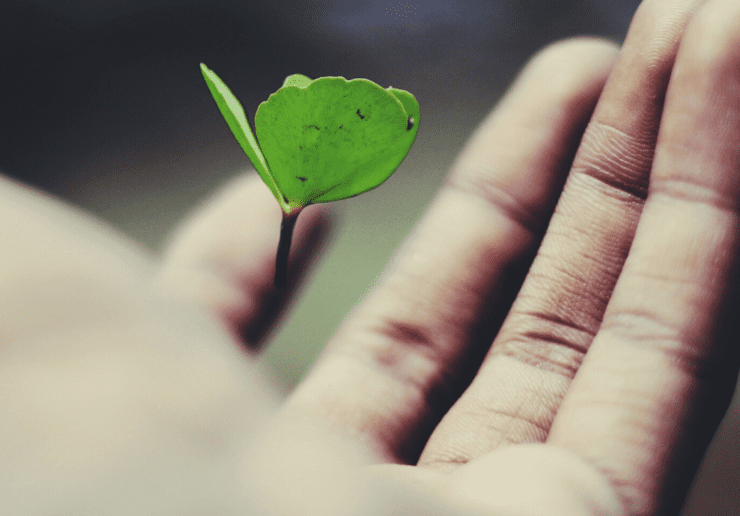
Kindness
Kindness is something we all have and share, and also something we can develop. Just like all self development, it’s like a muscle that grows the more we use it.
Before we start developing this muscle it’s key to build our awareness about what kindness means in our world. (By that I mean in your world.)
Levels of Kindness
One person’s version of kindness maybe another’s extreme generosity, but neither is right or wrong. Kindness is something we have inside of us to share. Some people share it very openly, some are very discreet. But what are they getting from being kind?
Balance of Giving and Receiving
Kindness brings us back to the balance of giving and receiving. This is the most natural way we exchange and transact in this life. We give something plus we receive something equals an exchange.
There are people who want to give all the time. They volunteer and naturally want to be the first to help. What then divides these to groups is of those who give to create positive change and those who give to be seen to give. Moving to receiving have you noticed how some people are more accepting of a gift or help than others?
A great example of giving and receiving is birthdays and Christmas. There are people who love to create the best birthday celebration for a family member or friend. They’ll go all out! Then when it comes to them they are usually heard saying “No don’t worry about me, I don’t like to celebrate, you don’t need to do that for me.”
It’s OK, some people find it hard to receive physical gifts, compliments to acts of support and a helping hand. (And often it’s people who like to give all the time – see if you notice that too.)
Kindness Effect
Kindness is like a drug that wants us to keep giving. The first time you do it you might wonder whether you’ll be rejected for your act of giving. Then when you see or hear the person’s reaction you get this feeling.
That feeling is the hormone Oxytocin opening up your blood vessels and reducing your blood pressure so you get this warming, calming feeling, like a hug. Oxytocin is widely written about as a ‘love hormone’ and is also released by a mother when breast feeding. It’s the hormone that creates bonds between people.
It’s also been recognised people who are kind have less cortisol (stress hormone) and therefore tend to be calmer, more relaxed and less stressed.
So it’s no wonder being kind is key to our mental and emotional health.
Kindness Insights
Having an inner knowing about how people react to kindness helps us learn more about the people we spend time with, (our partner, family, friends, colleagues and customers.)
Keeping a Journal that records acts of giving and receiving helps us become more aware of our own balance of giving and receiving.
The journal also acts as a measure of how we feel when we give and receive; more or less stressed.
Kindness is a Pathway
When we open our mind (and our hearts) to being kind the benefits are there for our physical, mental and spiritual self. Just what most people are looking for. Some find it difficult to adjust to asking for help and receiving more, or struggle to adapt as they offer help and this might just be a confidence thing. It’s a muscle you’re building and refining, so take your time, and remember kindness is for today, tomorrow and everyday.
Emma Lannigan, Mindset and Marketing Mentor and author of self help journey belifehappy: give. play. love. learn. Emma created four steps to find inner happiness for a lifetime.
Emma is a mental health campaigner and first aider and has written this article in support of Mental Health Awareness Week 2020 with the theme Kindness.
To develop your kindness awareness in your life and business through coaching, mentoring or learning Reiki send a message or connect on Facebook and Instagram.
